 |
|
|
| , | ||||
 Fossils are the preserved remains or traces of animals, plants, and other organisms from the remote past. The word "fossil" vcomes from the Latin "fossus", which means ditches, ternches. or in a more liberal sense: "having been dug up." The totality of fossils, both discovered and undiscovered, and their placement in rock formations and sedimentary layers (strata) is known as the fossil record. The study of fossils across geological time, how they were formed, and the evolutionary relationships between taxa (phylogeny) are some of the most important functions of the science of paleontology. Such a preserved specimen is called a "fossil" if it is older than some minimum age, most often the arbitrary date of 10,000 years ago. Hence, fossils range in age from the youngest at the start of the Holocene Epoch to the oldest from the Archaean Eon, up to 3.4 billion years old. A fossil normally preserves only a portion of the deceased organism, usually that portion that was partially mineralized during life, such as the bones and teeth of vertebrates, or the chitinous or calcareous exoskeletons of invertebrates. Fossils may also consist of the marks left behind by the organism while it was alive, such as the footprint or feces (coprolites) of a reptile. These types of fossil are called trace fossils (or ichnofossils), as opposed to body fossils. (source: Wikipedia) Photos by Michael Marcotte 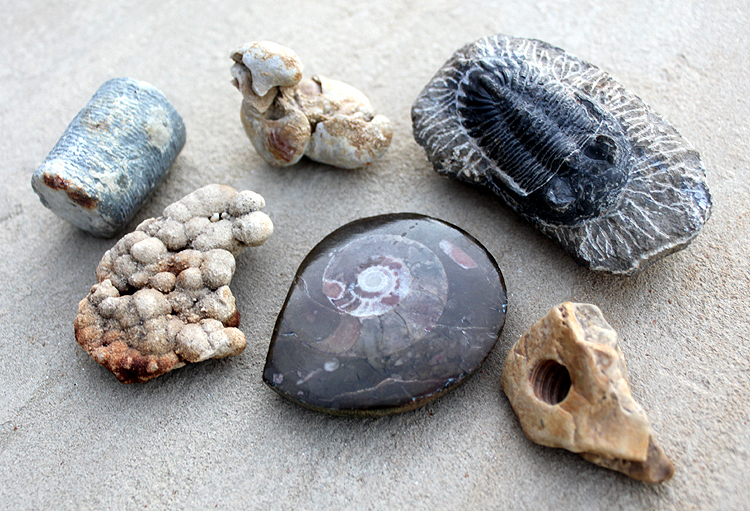 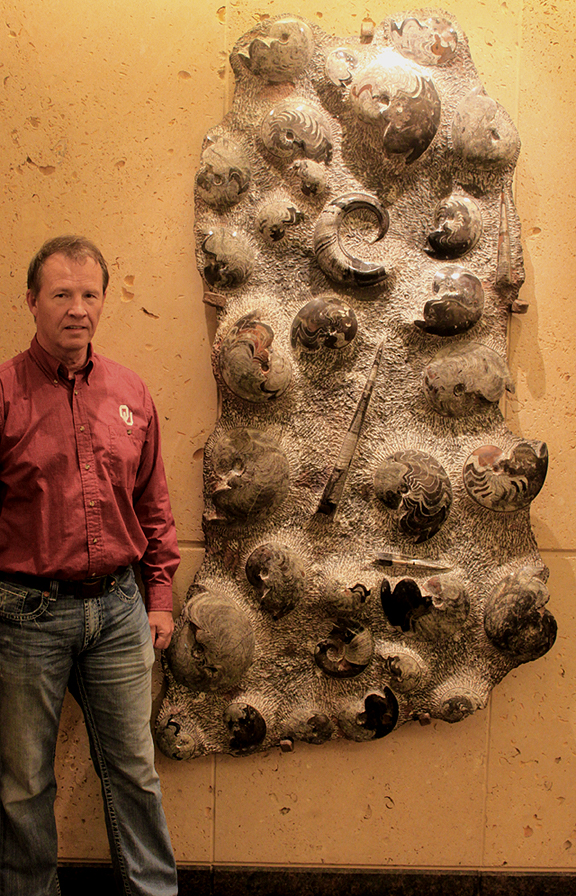 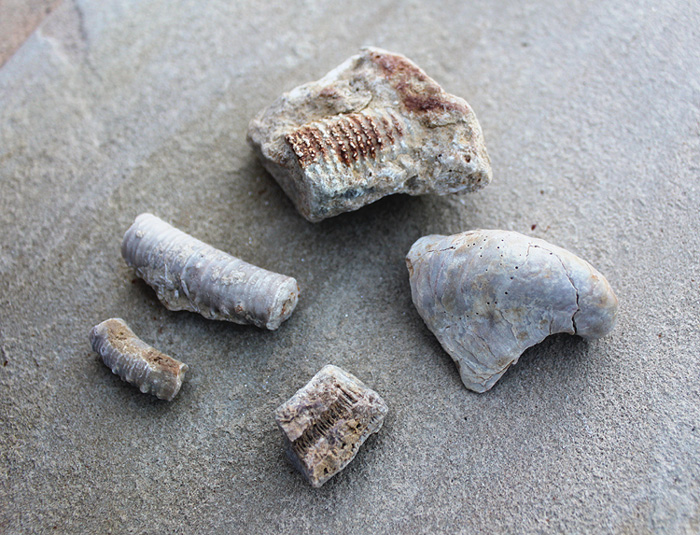 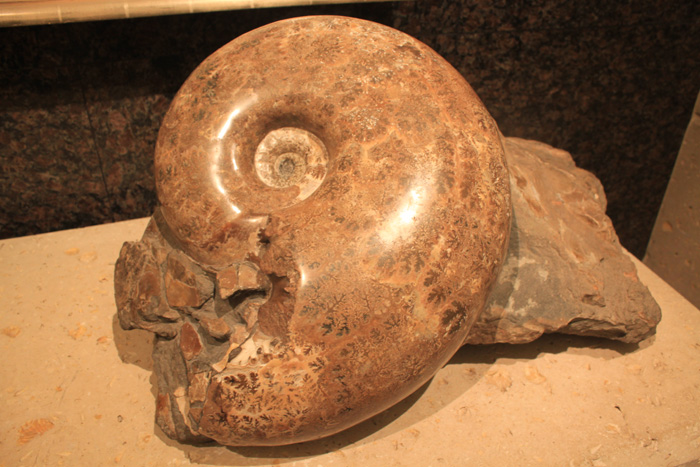 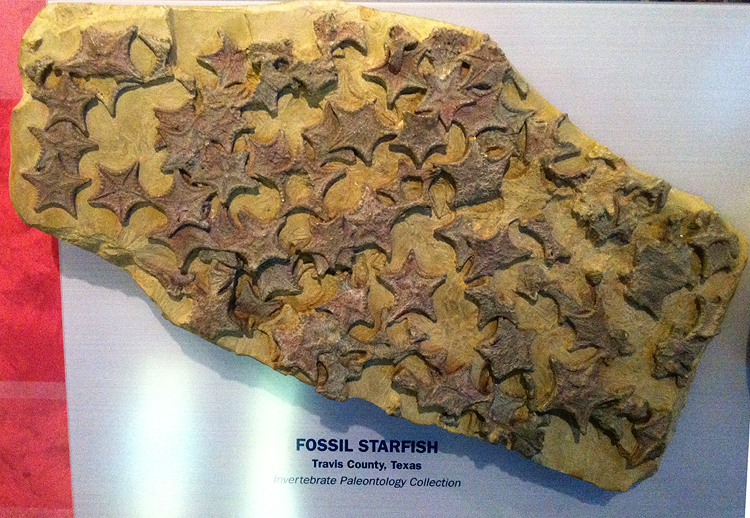 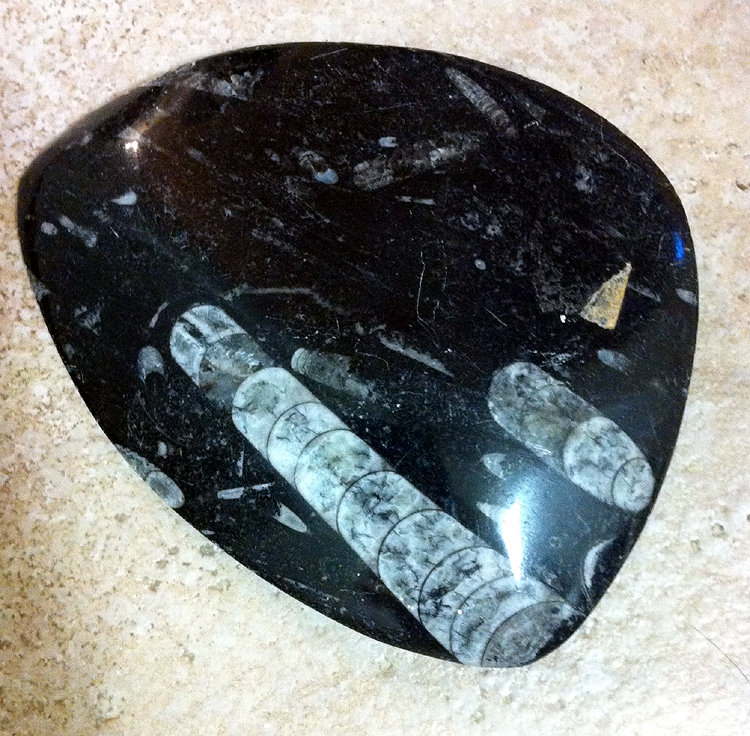 Return to List Back to Michael's Hobbies page Back to Michael Marcotte's HomePage 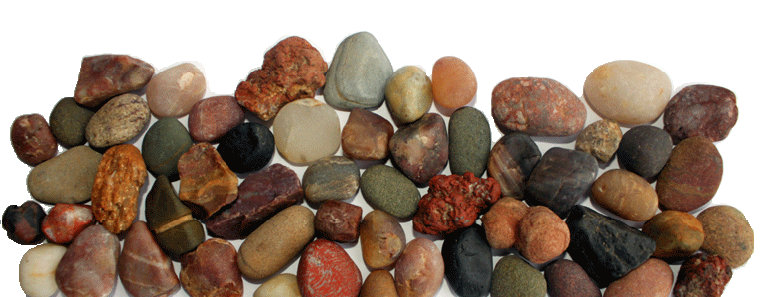
|
||||